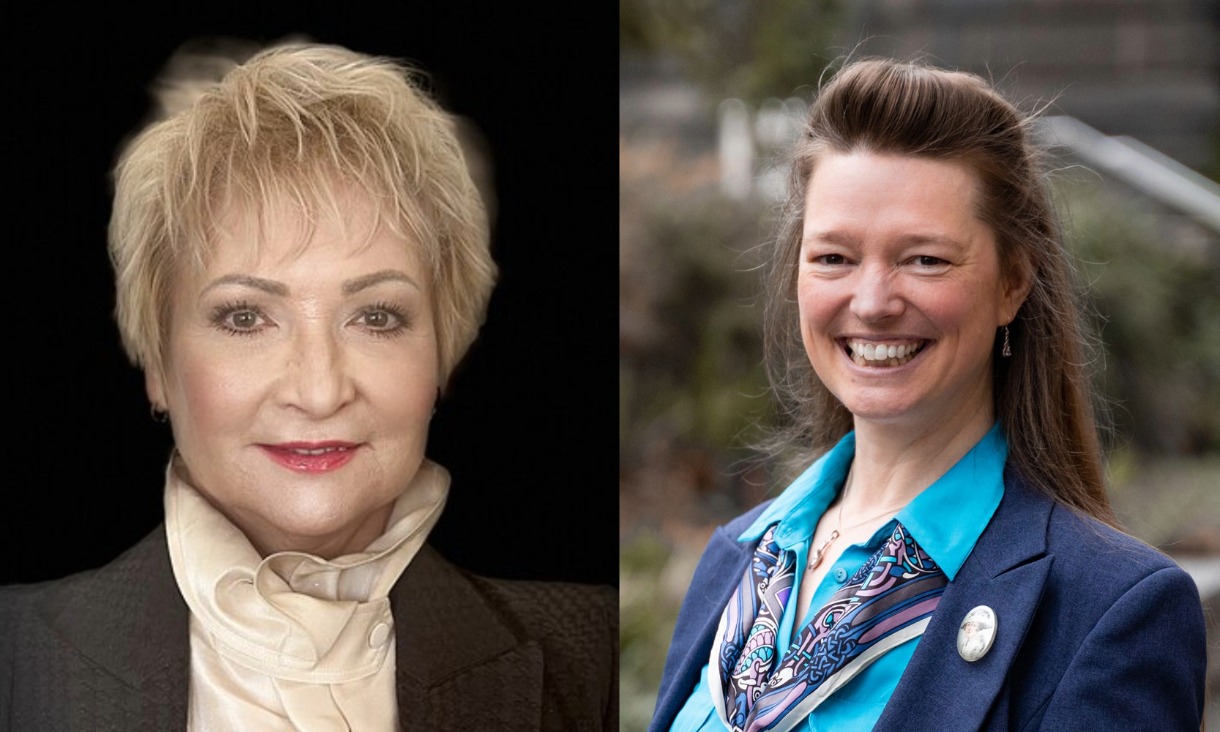A world-first study has proven microbes essential for human health can survive the extreme forces of space launch.
Space agencies are planning to send crews to Mars within decades but sustaining life on the red planet would be more difficult if important bacteria die during the flight.
Now an Australian-led study has found the spores of Bacilus subtilis, a bacterium essential for human health, can survive rapid acceleration, short-duration microgravity and rapid deceleration.
The spores of bacteria were launched high into the sky, then studied once their rocket fell back to earth, in what is believed to be the first study of its kind in real conditions outside the lab.
Study co-author Distinguished Professor Elena Ivanova from RMIT University said the findings add to our overall understanding of how living organisms respond to the unique environment of space.
"Our research showed an important type of bacteria for our health can withstand rapid gravity changes, acceleration and deacceleration," Ivanova said.
"It's broadened our understanding on the effects of long-term spaceflight on microorganisms that live in our bodies and keep us healthy.
"This means we can design better life support systems for astronauts to keep them healthy during long missions.
"Researchers and pharmaceutical companies can also use this data to conduct innovative life science experiments in microgravity."
Although humans have been living on board space stations for short stints since the 1970s, bacteria like B. subtilis are important to sustain healthy human life over decades, which will be needed for a future Mars colony. B. subtilis bacteria contribute towards support the immune system, gut health and blood circulation.

Study co-authors Distinguished Professor Elena Ivanova and Associate Professor Gail Iles.
The test
For the study, researchers blasted the spores to the edge of space in a sounding rocket subjected to several extreme conditions in a short time including rapid acceleration, deceleration and very low gravity.






